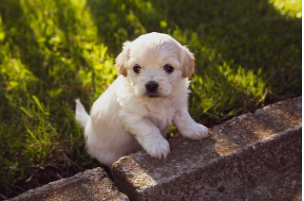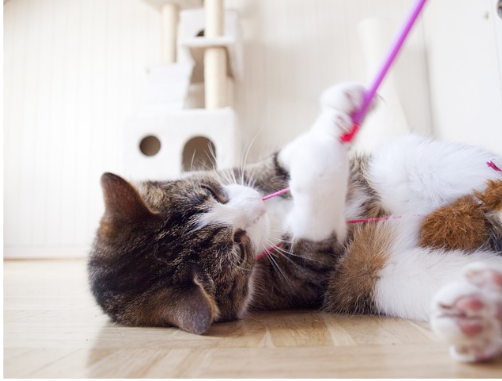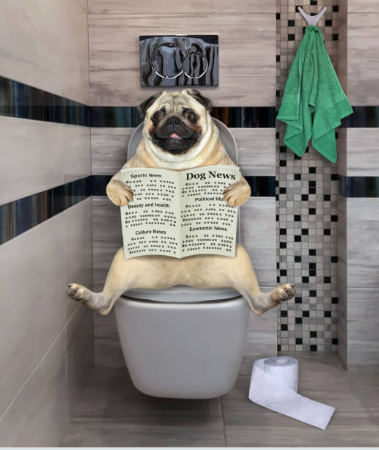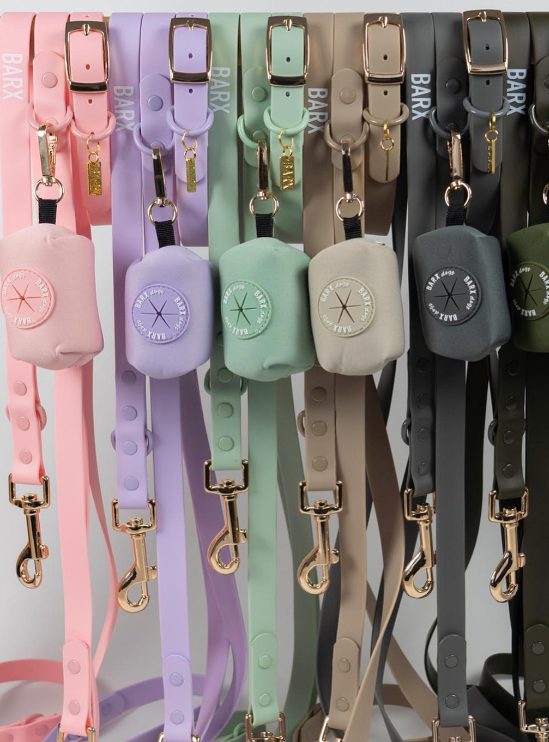How to Get a Puppy to Stop Biting
Puppy biting is a normal behavior, but it can be frustrating and even painful for owners. Puppies bite for various reasons, including teething, exploration, and play. However, there are several things you can do to teach your puppy to stop biting.
Why do puppies bite?
Here are some of the most common reasons why puppies bite:
- Teething: Puppies start teething around four months old, and this can cause them to bite more than usual. They are trying to relieve the discomfort of their new teeth coming in.
- Exploration: Puppies use their mouths to explore the world around them. They may bite things to see what they are and how they taste.
- Play: Puppies bite each other when they play. This is how they learn how to interact with other dogs and how hard to chew.
- Fear or anxiety: Puppies may bite if they feel scared or anxious. This is a defense mechanism.
How to stop puppy biting
You can do several things to teach your puppy to stop biting. Here are a few tips:
- Redirect your puppy’s attention to a chew toy. When your puppy starts to bite, immediately offer them a chew toy. This will teach them that biting chew toys is okay, but munching on people is not.
- Yelp loudly and stop playing. If your puppy bites you, yelp loudly and stop playing immediately. This will mimic the behavior of another puppy bitten too hard. It will also startle your puppy and teach them that biting hurts.
- Walk away. If your puppy bites you, walk away. This will show them that biting is unacceptable and will end the play session.
- Time-out. If your puppy continues to bite, put them in a rest for a few minutes. This will help them to learn that biting has consequences.
Consistency is key
It is essential to be consistent with your training. If you only discipline your puppy for biting sometimes, they will not learn it is a bad behavior.
It is also important to remember that patience is vital. It may take some time for your puppy to learn to stop biting. However, with consistent training, they will eventually get the message.
Here are some additional tips for preventing puppy biting:
- Socialize your puppy early. Exposing your puppy to different people, places, and animals will help them to learn how to behave in different situations.
- Exercise your puppy regularly. A tired puppy is a good puppy. Give your puppy plenty of exercise daily to help burn off excess energy.
- Avoid rough play. Rough play can teach your puppy that biting is okay. Instead, focus on playing gentle games with your puppy, such as fetch or tug-of-war.
- Supervise your puppy closely. When your puppy is around young children or other animals, supervise them closely to prevent any biting incidents.
If you have trouble getting your puppy to stop biting, consider consulting a professional dog trainer. They can help you to develop a training plan and teach you how to implement it effectively.
Here are some additional tips for managing puppy biting in specific situations:
- Teething: If your puppy is biting because they are teething, you can give them frozen toys or cold, wet washcloths to chew on. You can also try massaging their gums or giving them a dental chew.
- Exploration: If your puppy is biting because they are exploring, you can try to puppy-proof your home to remove any potential hazards. It would be best if you also tried to redirect your puppy’s attention to more appropriate chew toys.
- Play: If your puppy is biting because they are playing, you can try to teach them a “gentle” cue. When your puppy plays gently, say “gentle” and treat them. If they bite too hard, stop playing immediately.
- Fear or anxiety: If your puppy is biting because they are scared or anxious, you should try to identify the source of their fear or anxiety and address it. You may also want to consult with a professional animal behaviorist.
You can teach your puppy to stop biting and enjoy a mutually beneficial relationship with patience and consistent training.



